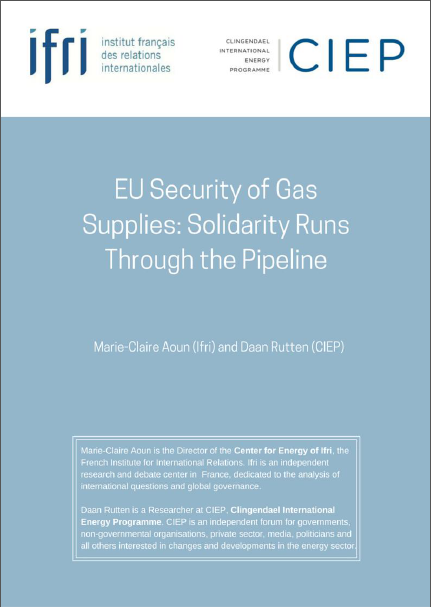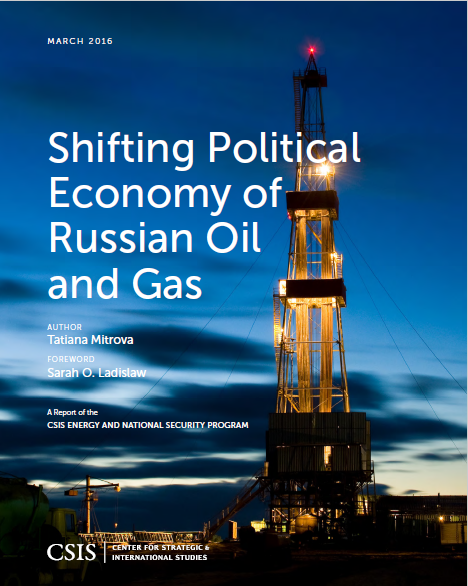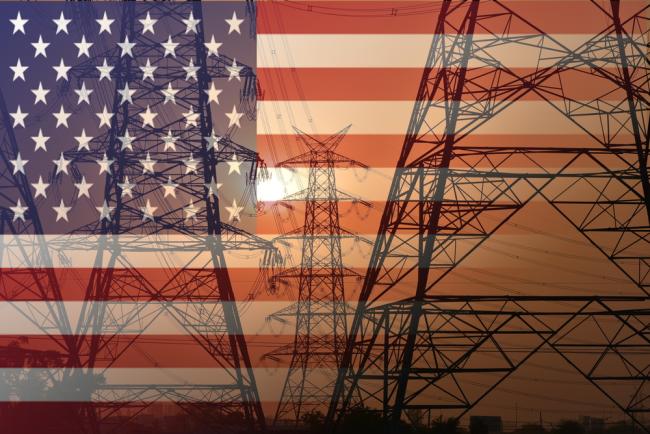Energy - Climate
In the face of the climate emergency and geopolitical confrontations, how can we reconcile security of supply, competitiveness, accessibility, decarbonization and acceptability? What policies are needed?
Related Subjects

The Role of Sub-National Actors in Climate Change Policy. The Case of Tokyo
Tokyo is known as a pioneer throughout the history of Japan’s environmental policy, often being compared to California in the United States or Paris in France. Following the global trend of growing local initiatives tackling climate change, Tokyo introduced a cap-and-trade scheme in 2010 ahead of a national implementation.

Business Models for Flexible Production and Storage
This report explores business models for storage solutions that may help the European energy system adapt to new challenges.
A Foresight Exercise in the Energy Sector to 2050
This Hot Energy Topic aims at defining and assessing megatrends impacting the future energy system of the European Union (EU) to the year 2050.
Storage Integration in Energy Systems: A New Perspective
The purpose of this paper is to go through the transformations that new modes of energy storage – mostly batteries – are expected to bring to the energy systems.

EU Security of Gas Supplies : Solidarity Runs Through the Pipeline
Given the tensions between the EU and its main gas supplier, Russia, the European Commission has been revisiting since 2014 its energy security strategy.
The European Union : When the Commission and Governments put the Future of Electricity Producers at Stake
RWE, EON, EDF, ENGIE and other large utilities are in financial turmoil. This situation, which would have been unlikely twenty years ago, is related to several failures in governance within the EU as well as to global evolutions. This Edito Energie analyses the situation of large European electricity producers in light of the European energy policy.
The US Electricity Industry and the Low-Carbon Transition
Transitioning to a low-carbon, decentralized and digitalized electricity system requires setting out new roles for incumbent suppliers, new entrants and consumers now generating their own power. Where is the US electricity industry heading and what does it say about market designs for the 21st century electricity system?
The Last-ditch Attempt to Build the Energy Union
Nearly one year after the presentation of the Energy Union project, while 2016 promises to be a critical year for its implementation, what is the status of this flagship project of the Juncker Commission?
Sustainable Electrification for Asia and Africa
Complementary solutions to national grid extensions let hope for significant improvements in the field of energy access, consistent with current economic and environmental challenges. This Note explores the regulatory and economic prerequisites that must be enhanced in order to support the emergence of mini-grid and off-grid technologies.

Shifting Political Economy of Russian Oil and Gas
Dramatic changes in the Russian energy strategy and energy-based political alliances are to be expected due to the evolution of the domestic oil and gas market resulting from the economic crisis and sanctions linked to the annexation of Crimea.
Support independent French research
Ifri, a foundation recognized as being of public utility, relies largely on private donors – companies and individuals – to guarantee its sustainability and intellectual independence. Through their funding, donors help maintain the Institute's position among the world's leading think tanks. By benefiting from an internationally recognized network and expertise, donors refine their understanding of geopolitical risk and its consequences on global politics and the economy. In 2024, Ifri will support more than 70 French and foreign companies and organizations.















